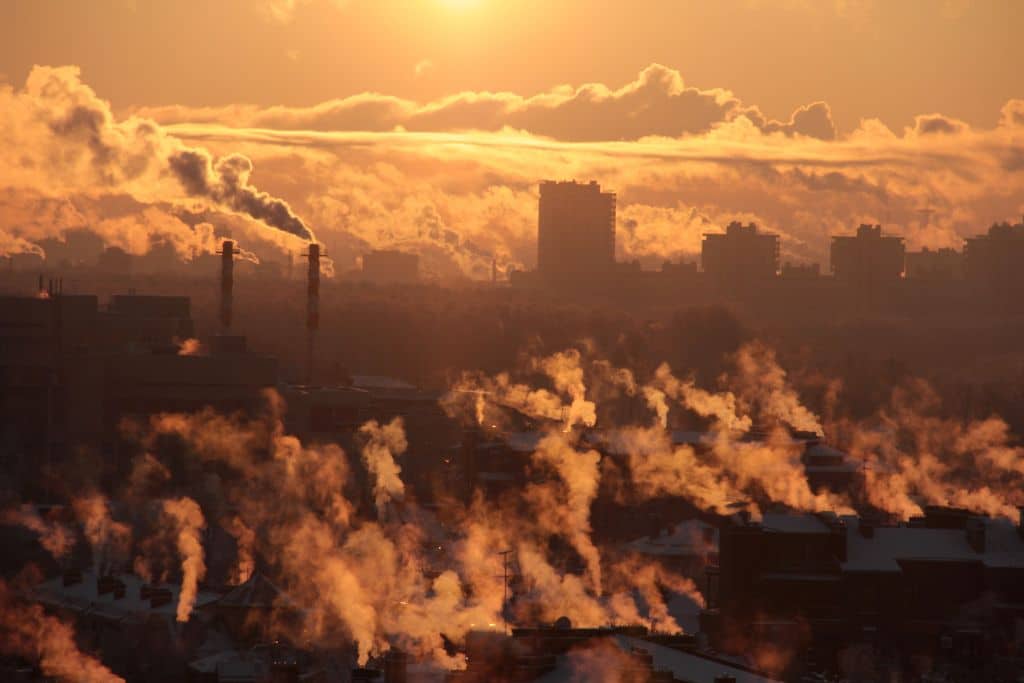Scientists have already warned that 2024 may beat last year as the hottest ever recorded, owing to the El Niño weather pattern.
—
The critical, internationally agreed ceiling of 1.5C of global warming that would prevent irreversible tipping points from being crossed will be “passed for all practical purposes” by as early as May, a former NASA scientist has warned.
In a bulletin released last week, James Hansen, a climate scientist known to the world for his 1988 Congressional testimony on climate change that raised worldwide awareness on the issue of global warming, said that a combination of the El Niño weather pattern and the Earth’s “unprecedented” energy imbalance would bring more record-breaking temperatures in 2024.
El Niño, a climate phenomenon associated with the warming of sea surface temperatures in the central-east equatorial Pacific that occurs every few years, made a comeback in 2023, pushing global temperatures “off the charts” and making last year the hottest ever recorded, with six record-breaking months and two record-breaking seasons. According to preliminary estimates, temperatures last year were 1.43C above the preindustrial average. And historically, the second year of an El Niño is often warmer than the first.
You might also like: El Niño Will Last Well Into 2024, Scientists Say As Heat Persists Around the World
In Hansen’s view, the gap between the Earth’s albedo – the amount of solar energy being absorbed by the Earth – and the amount returned to space, is widening, leading to increased global heating.
“The 1.5C global warming ceiling has been passed for all practical purposes because the large planetary energy imbalance assures that global temperature is heading still higher,” the bulletin read.
Surpassing the 1.5C threshold for several consecutive months does not mean breaking the Paris Agreement, a commitment made by world’s leaders in 2015 to contain global warming to a level that would not result in irreversible consequences for the planet and life on it, as this would only occur after the limit is breached for several consecutive years. Nevertheless, at current emissions levels, this moment is expected to occur sometime in the next decade.
“We are not moving into a 1.5C world, we are briefly passing through it in 2024. We will pass through the 2C (3.6F) world in the 2030s unless we take purposeful actions to affect the planet’s energy balance,” Hansen told The Guardian.
There is no doubt among the scientific community that last year’s record-breaking temperatures are set to persist in the years to come. According to a World Meteorological Organization (WMO) report published in May 2023, there is a 98% chance that at least one of the next five years will be the hottest on record and a 66% chance of temporarily exceeding 1.5C above the 1850-1900 average for at least one of the five years.
You might also like: The Tipping Points of Climate Change: How Will Our World Change?


















